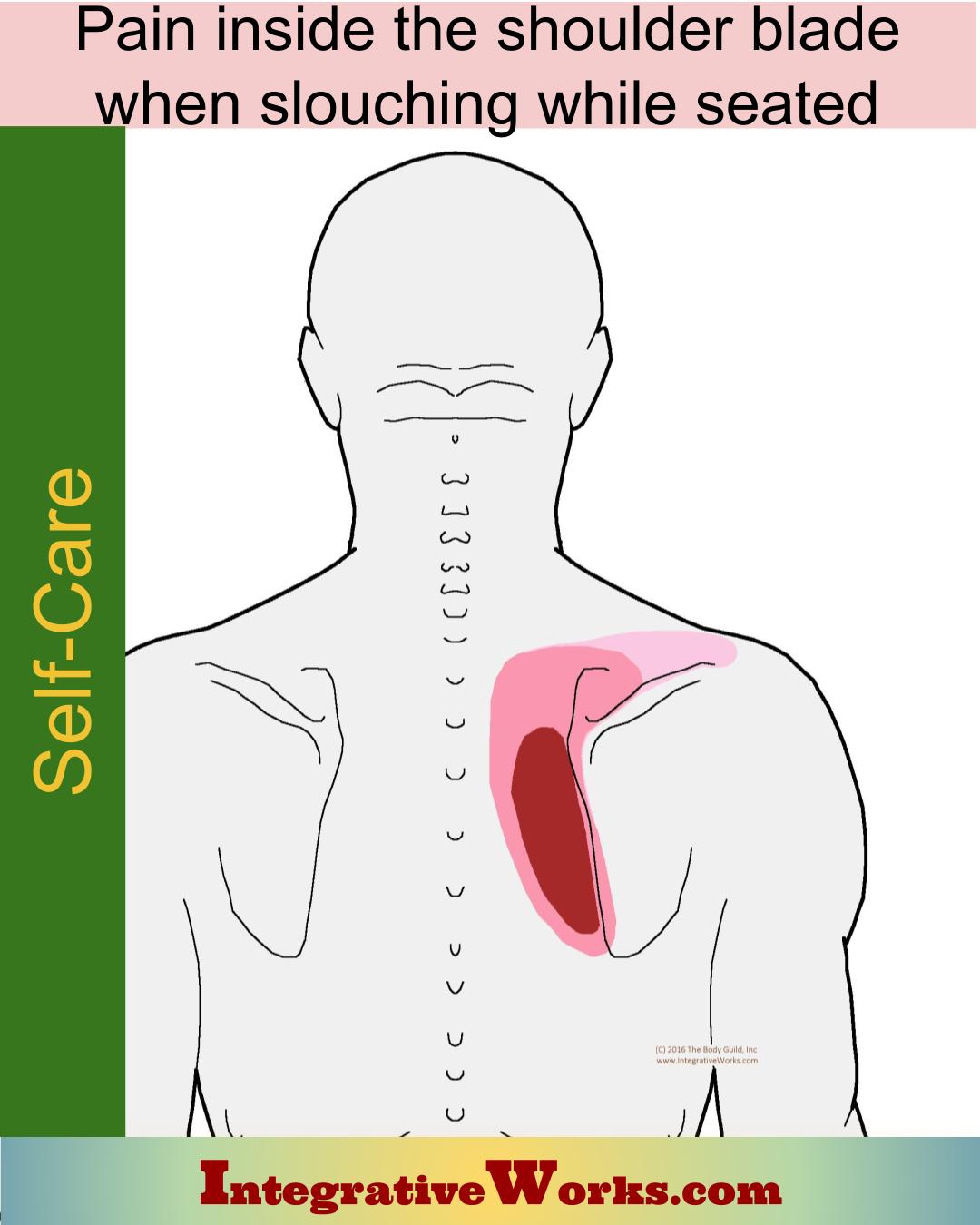
Learn what to do at home for an asthma attack. Some people also have chest pain during or following an asthma attack. They may hear themselves wheezing or feel tightness in their chest. People refer to this as an asthma attack.ĭuring an asthma attack, a person may have trouble breathing or catching their breath. Certain triggers can suddenly increase the inflammation and swelling, making it difficult to breathe. Some people also notice:Īsthma causes inflamed and narrowed airways. The main symptoms are chest pain and a cough.

The disease is progressive, which means that it gets worse over time. In many cases, bronchitis comes during or after a cold or the flu.Ĭhronic obstructive pulmonary disease (COPD) refers to a group of conditions, including chronic bronchitis and emphysema, that cause inflamed, swollen, and obstructed airways. This inflammation makes it more difficult to breathe and can cause chest pain and pressure.Īlthough bronchitis can sometimes be a chronic disease, many people experience it as an acute, short-term infection. chest pain that gets worse when coughingīronchitis causes inflammation and swelling in the bronchial tubes, which connect the throat to the lungs.feeling as though not enough air is entering the body.Pleurisy is a possible complication of pneumonia, although other infections and noninfectious conditions can cause this potentially life threatening disorder. People with pleurisy may also develop fluid in between layers of pleural tissue.

Pleurisy is inflammation of the pleural tissue, which covers the outside of the lungs and the inside of the chest wall.

It can be difficult to distinguish muscle pain from other types of pain, such as the pain of an inflamed lung. The pain usually peaks during a cough and then gets better between coughs. An intense cough or many days of coughing can exhaust these muscles, making them feel sore or painful, especially when a person massages the affected area. The possible causes of chest pain when coughing include: Muscle exhaustionĪ person uses many muscles in the chest, back, and abdomen when they cough.


 0 kommentar(er)
0 kommentar(er)
